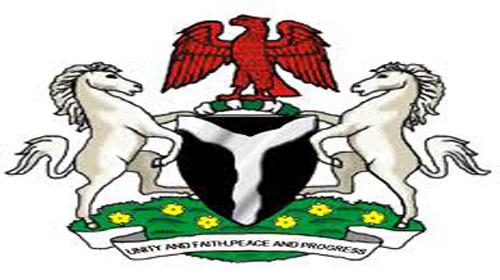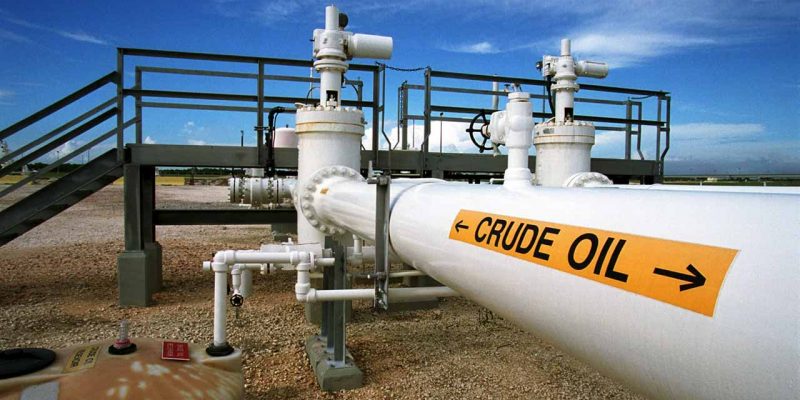In what appears like coordinated efforts against perceived abuse of the voluntary pension contribution (“VPC”) option, under the contributory pension scheme (“CPS”) established by the Pension Reform Act, 2014 (“PRA”), the Lagos State Internal Revenue Service (“LIRS”) and the Joint Tax Board (“JTB”) recently issued separate Public Notices – “Public Notice on Tax Relief on Voluntary Pension Contributions” dated August 21, 2017 and “Public Notice on Abuse of Voluntary Pension Contribution Scheme” dated August 24, 2017 respectively.
Whilst both LIRS and JTB (collectively referred to in this piece as the “tax authorities”) placed reliance on Section 16 of the PRA and Section 17 of the Personal Income Tax Act (“PITA”) (Cap P8, Laws of the Federation of Nigeria, 2004, as amended), as the legal basis for issuing their respective Public Notices,; the JTB also relied on Section 5(7) of the Labour Act (Cap L1, Laws of the Federation of Nigeria, 2004) for its action. Both tax authorities in their respective Public Notices lay claim to inherent powers derived from the stated sections of the PITA and Labour Act, to deem as invalid and as “artificial transactions”, withdrawals made in breach of the conditions spelt out in Section 16 of the PRA; to the effect that such withdrawals “will be considered to fall outside the tax exemptions granted in Section 10(3) of the PRA”.
The Public Notices vis-à-vis Statutory Provisions
The taxability of the compulsory pension contributions and of the income earned on voluntary pension contributions is determined by the provisions of Section 10 of the PRA. Section 10(1) includes contributions to the Scheme under the PRA as part of tax deductible expenses in the computation of tax payable by an employer or employee under the relevant income Tax Law and this is irrespective of the provisions of any other Law. Section 10(2) exempts all interests, dividends, profits, investment and other income accruable to pension funds and assets under the PRA from tax. Section 10(3) extends the tax exemption to any amount payable as a retirement benefit under the PRA. Further, Section 10(4) renders any income earned on any voluntary contribution made under Section 4(3) of the PRA subject to tax at the point of withdrawal where the withdrawal is made before the end of 5 years from the date the voluntary contribution was made.
Employees are permitted under Section 4(3) of the PRA to contribute additional portions of their earnings as VPC to their retirement savings accounts (“RSAs”) maintained with any Pension Fund Administrator (“PFA”) of their choice. This is distinct from and clearly independent of the statutory contributions of a minimum of 10% of an employee’s monthly emoluments by the employer and the minimum of 8% of the same income stream by the employee under the CPS.








